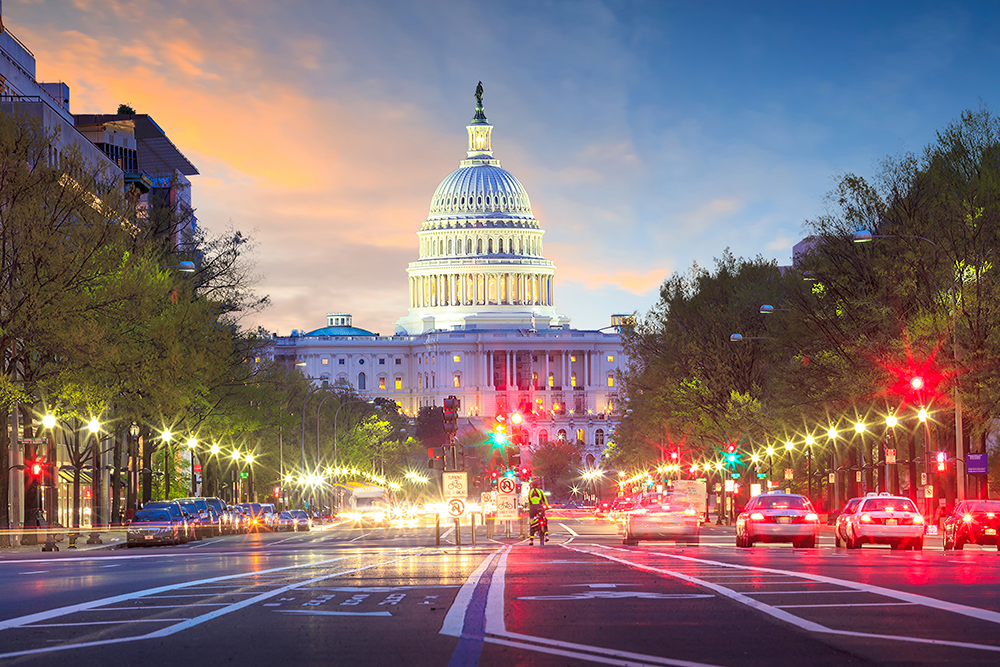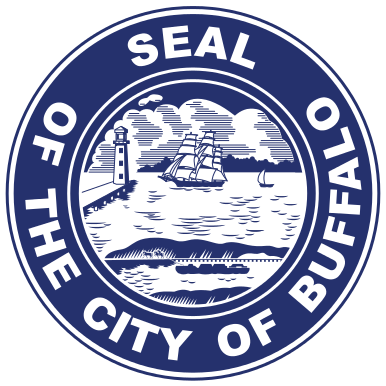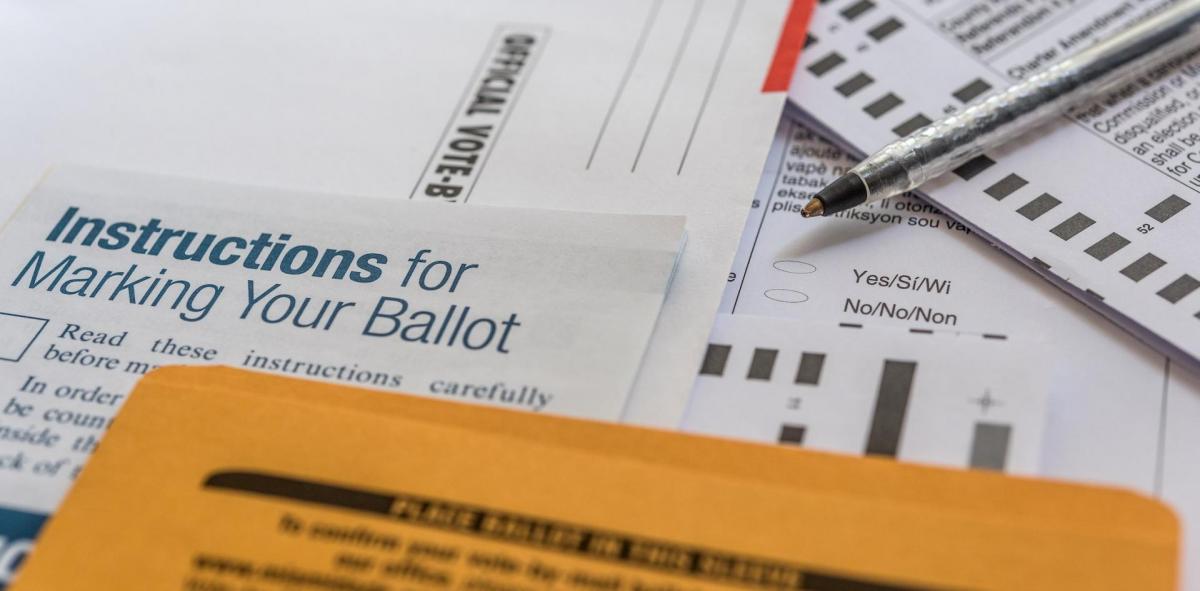Category: Local
-
Supreme Court limits nationwide injunctions in Trump v. CASA, Inc.

The U.S. Supreme Court issued a 6–3 decision in Trump v. CASA, Inc. on June 27, holding that federal district courts exceeded their authority by issuing universal injunctions—orders that block a federal policy nationwide, not just for the parties in the case. The Court did not decide the constitutionality of the underlying executive order concerning…
-
Seven candidates are running in a special election for Ward 8 of the Washington D.C. City Council

Seven candidates are running in a special election for Ward 8 of the Washington, D.C. City Council on July 15, 2025. Four have received media coverage: Salim Adofo (D), Mike Austin (D), Sheila Bunn (D), and Trayon White (D). On Aug. 19, 2024, federal agents arrested White, a councilmember at the time, after he allegedly accepted bribes to influence government contracts. On February 4, 2025, the D.C. council voted unanimously to expel White. White…
-
What to know about the Democratic primaries for New York City Council

One hundred candidates ran in 28 Democratic primaries for New York City Council on June 24, 2025, including 13 that Ballotpedia identified as battlegrounds. All 51 council seats are up for election this year. The Council is the city’s primary legislative body. It is responsible for adopting the city budget, passing legislation, monitoring city agencies,…
-
Zohran Mamdani (D) leads with 43% of the vote in New York City’s mayoral race

Zohran Mamdani (D) currently leads Andrew Cuomo (D) in the Democratic primary for mayor of New York City, which was held on June 24, 2025. As of June 25, at 10:50 AM ET, with 93% of the vote counted, Mamdani has 43% of the vote to Cuomo’s 36% of the vote. Cuomo conceded on election…
-
Ballotpedia tracks fewest officials facing recall at midyear since 2020

In the first half of 2025, Ballotpedia tracked the fewest officials targeted for recall at midyear since 2020. From January 1, 2025, through June 20, 2025, 159 recall efforts were launched against 223 officials across 27 states. City council members were once again the most targeted group, with 107 named in recall efforts. State legislators…
-
Nonpartisan offices make up a majority—58%—of those Ballotpedia has covered since 2023

Since 2023, Ballotpedia has covered elections for approximately 66,000 local offices. Of that total, 58% have been nonpartisan, and 42% have been partisan. In this analysis, a nonpartisan office is one where voters elect candidates without any party labels on the ballot. A partisan office, on the other hand, is one where candidates either secure…
-
Thirteen battleground Democratic primaries for New York City Council will be held on June 24, 2025

Ninety-five candidates are running in 28 Democratic primaries for New York City Council on June 24, 2025. That’s up from 49 candidates in 17 Democratic primaries in 2023, the special two-year post-redistricting term mandated in the City Charter. That year, just one seat was open, meaning no incumbent filed to run. This year, there are…
-
Ortiz Jones defeats Pablos in San Antonio mayoral runoff election

Gina Ortiz Jones defeated Rolando Pablos 54.3% to 45.7% in the June 7, runoff election for mayor of San Antonio, Texas. Ortiz Jones and Pablos advanced to the runoff from the nonpartisan general election on May 3. Ortiz Jones received 27.2% of the vote and Pablos received 16.6%. The two advanced to a runoff because…
-
Five candidates are running in the Democratic primary for mayor of Buffalo on June 24, 2025

Five candidates are running for the Democratic nomination for mayor of Buffalo on June 24, 2025. Acting Mayor Christopher P. Scanlon (D) and Sean Ryan (D) lead in fundraising and media attention. City & State’s Austin C. Jefferson wrote, “Whoever wins the race and the following general election will be on the front lines of…
-
Chavez-Lopez and Tordillos running in June 24 special runoff election for San Jose City Council District 3

Gabby Chavez-Lopez and Anthony Tordillos are running in the June 24, 2025, special runoff election for San Jose City Council District 3. Chavez-Lopez and Tordillos advanced to the runoff from the nonpartisan special general election on April 8, 2025. Chavez-Lopez received 30.0% of the vote and Tordillos received 22.2%. The two advanced to a runoff…

